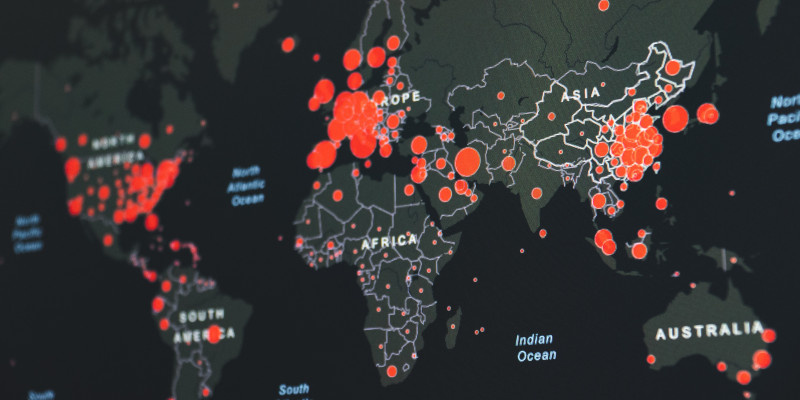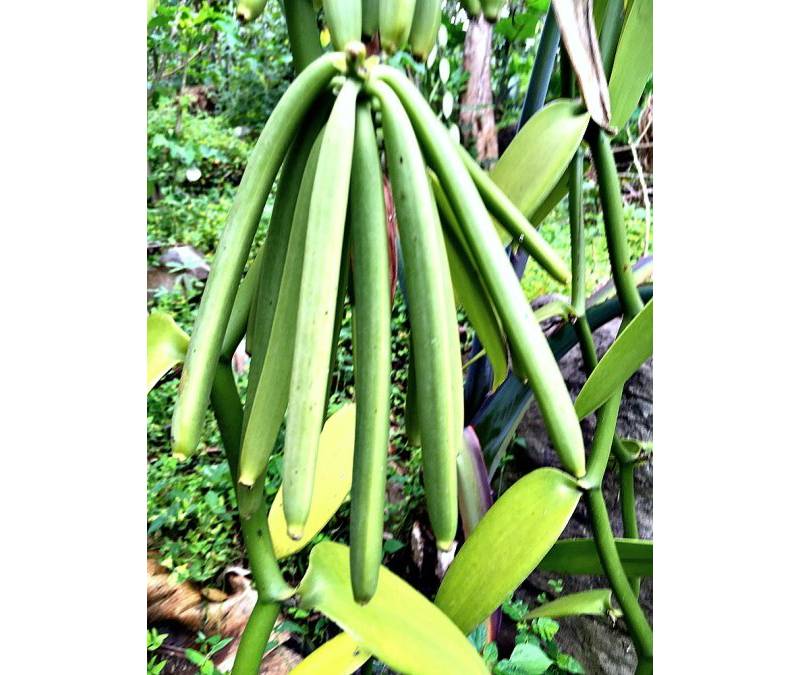Few months ago, Smart Harvest run an elaborate piece on what you need to know when exporting avocados to China. Since then, a number of readers have been asking for more information.Here are some highlights that the expert George Mbakaya captured in ...
Few months ago, Smart Harvest run an elaborate piece on what you need to know when exporting avocados to China. Since then, a number of readers have been asking for more information.
Here are some highlights that the expert George Mbakaya captured in his article:
Quality seeds
To avoid falling into the hands of unscrupulous dealers who sell fake seeds, always source your seedlings from certified nurseries.
In addition, demand a certification from the Kenya Plant Health Inspectorate Services. In addition, never buy seedlings from roadside nurseries.
There are two popular avocado varieties - Hass and the green-skinned Fuerte. Hass is the preferred variety for the China market.
Sanitary and phytosanitary requirement
Another requirement your fruit must meet, just like with the European Union Export market, is the sanitary and phytosanitary (an agreement relating to health of plants, especially with respect to rules of international trade) requirements for export of frozen avocado.
The fruits should not spread harmful organisms to plants and plant products in China. Take note of harmful organisms that could prevent your avocados to access the export market like fruit flies, moths and scales.
Orchard management
Export market requires good quality fruits. Quality is a function of many aspects but the most important is the orchard management. Ideally, trees should be planted 4 by 6 meters apart. This spacing allows for sufficient light penetration that is crucial for flowering. Proper lighting will also prevent proliferation of pests and diseases.
Water supply is key because it dictates the shape and size of the fruits. Irrigation of the orchard will ensure uniformity of the fruits. At the same time, it will ensure the produced fruits are not too small or too big than the required size. Export market requires that the fruit should have reached a physiological stage, which will ensure a continuation of ripening.
Avocados
Hass avocados are generally classified into three classes based on quality - Extra Class, Class I and Class II.
Avocados should, at the very least, be clean and sound, free from pests, damage, abnormal external, moisture, have a stalk no longer than 10mm in length and be in a condition to withstand transport and handling.
Pesticide use
This is very important. Watch out on the amount of pesticides you use. Pesticide residues are one of the crucial issues for fruit export market. To avoid health and environmental damage, the importers have set maximum residue levels (MRLs) for pesticides in and on food products.
Products containing more pesticides than allowed will be withdrawn from the export market. Reduce the amount of pesticides by applying integrated pest management (IPM) in production.
Original Source: Standard Digital




